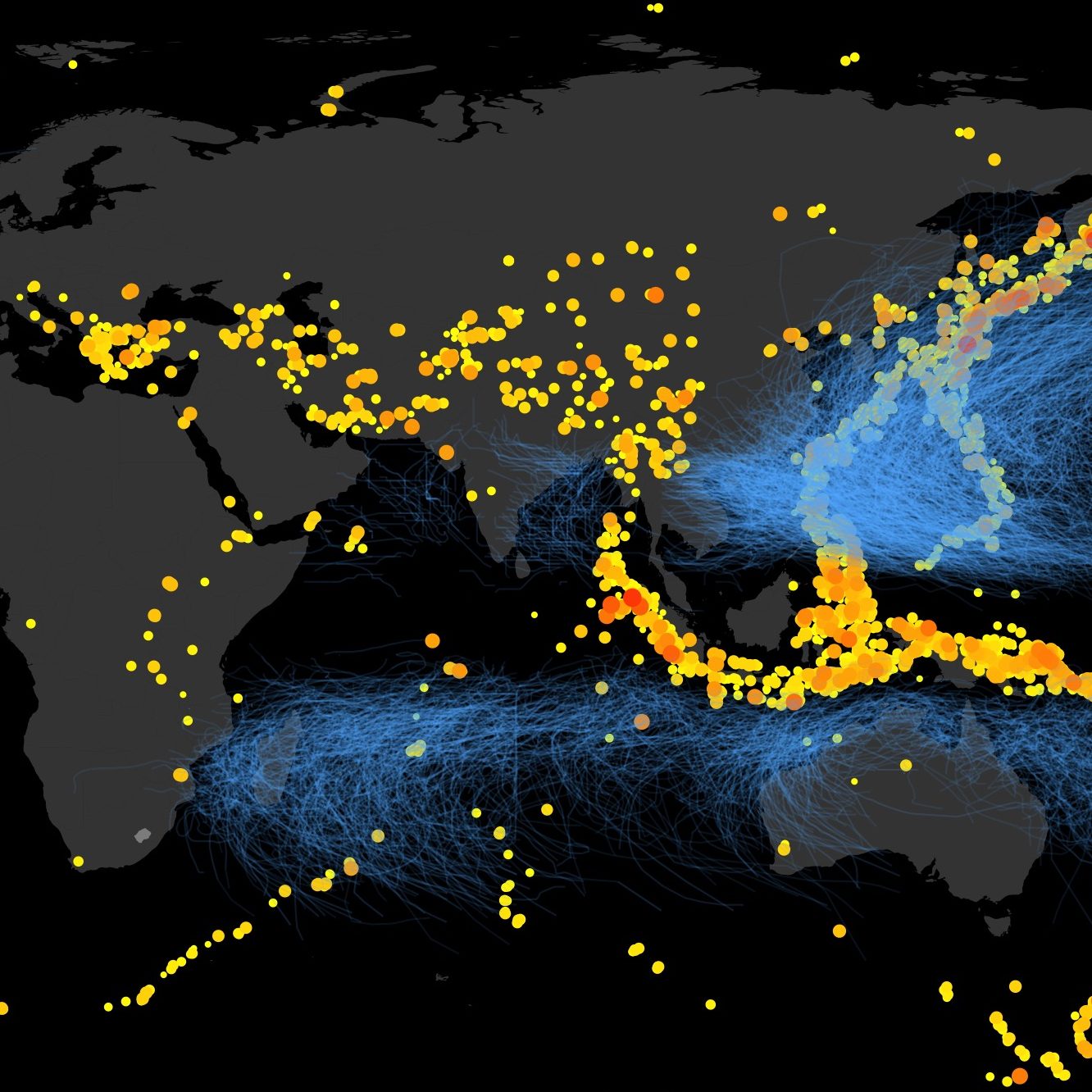
Current Openings
Joining our research group
Our Disaster Risk Analytics group brings together students and researchers with a variety of backgrounds and interests who share the common goal of reducing the vulnerability of communities to natural hazards. Some of the expertise relevant to our research includes engineering, computer science, design, statistics, economics, geography, social science, environmental science, earth science, remote-sensing and data analytics.
Why join?
- Opportunity to conduct novel and impactful research in a thriving research environment.
- Gain expertise in cutting edge analysis and data science methods applied to complex socio-technical problems.
- Gain access to unique equipment (e.g. remote sensing, computation clusters, visualisation lab), and unique data.
- Collaborate with other leading academic partners (e.g. Stanford Urban Resilience Initiative), international organisations (e.g. World Bank, United Nations), industry partners (e.g. RMS, ARUP), and NGOs (e.g. Red Cross).
- Experience a thriving city in the heart of South-East Asia.
The types of people we are looking for are:
- Passionate about their technical discipline, with social consciousness and curiosity.
- Collaborative, enthusiastic, adventurous, communicative, and hard working.
- Not afraid of math and statistics.
- Experienced with programming.
- Excited to contribute to reducing the vulnerability of communities in South-East Asia and beyond.
- Willing to conduct field-work in countries across Asia-Pacific.
Potential Research Projects
-
In the immediate aftermath of a natural disaster, the first estimates of overall impact are typically based on an ad-hoc combination of predictive models, fly-over reconnaissance missions and field reports. The proposed work focuses on the integration of predictive models with other data sources (remotely-sensed or field-based) to get disaster impact estimates with greatly increased accuracy and precision.
This research leverages recent developments in satellites, micro-satellites, distributed sensors, drones, crowd-sensing and other novel technologies that have radically increased the data available to provide situational awareness post-disaster. Transforming this incredible amount of data into quantified analysis and decision-support tools is an exciting and important challenge of relevance for disaster response and recovery, but also for understanding, modeling and promoting smart, sustainable and resilient cities in general. Various data analytics methods (machine learning, geostatistics, Bayesian statistics) will form the main methods used for this research.
This project will benefit from equipment and facilities provided through our group’s brand new Remote Sensing and Artificial Intelligence Lab for Disaster Analytics.
-
The dramatic urban transformation of the past century has shifted the landscape of risk, with cities becoming the major source of global risk. Yet current risk assessment models fall short in characterizing the spatial and temporal dynamics of the urban environments in terms of rapidly changing hazards, exposure and vulnerability, often leading to large underestimation of risk.
This project aims to develop a framework for modeling the risk trajectory of dynamic and complex urban environments.
-
The study of community disaster resilience has so far focused on qualitative analysis, post-disaster surveys and definition of resilience indexes. These have provided valuable insights into community vulnerability and capacity, but these methods have limited ability to support urban planning or design of infrastructure to pro-actively promote resilience. This project aims to develop better metrics for disaster impact beyond damage and loss, geared towards understanding the ability of communities or systems to recover from shock. Through study of both pre and post-disaster conditions, we aim to develop rigorous quantitative measures of resilience.


